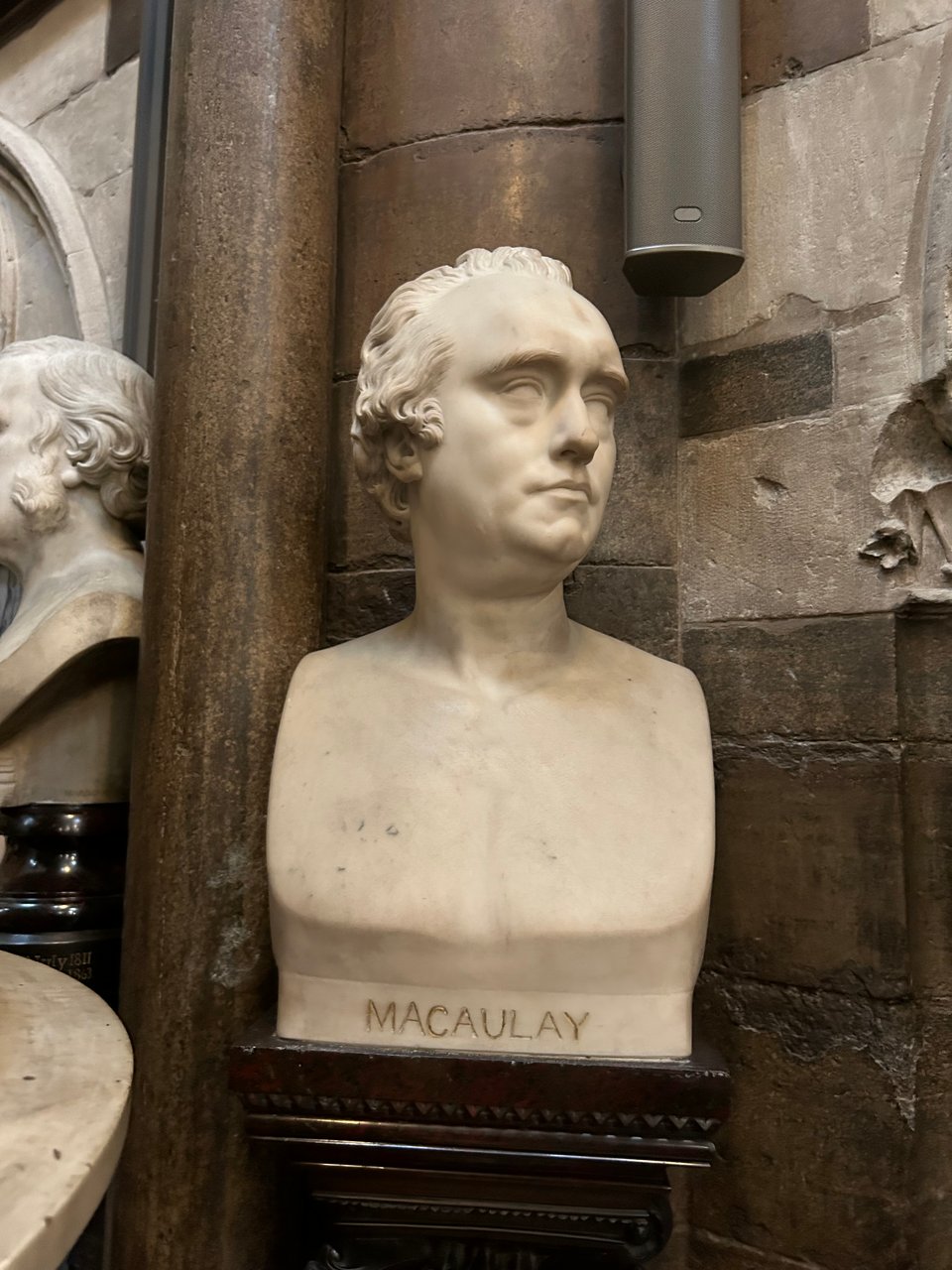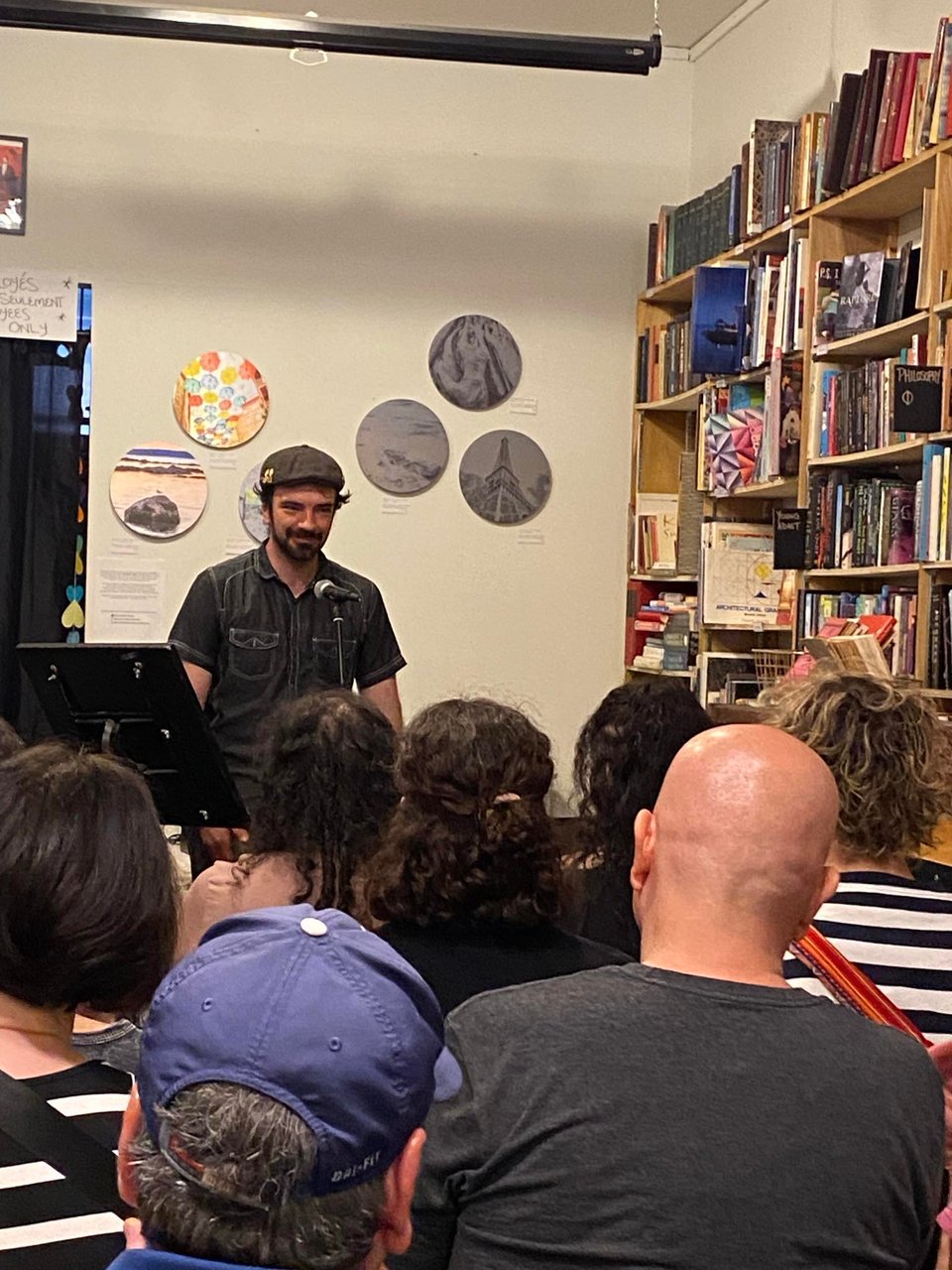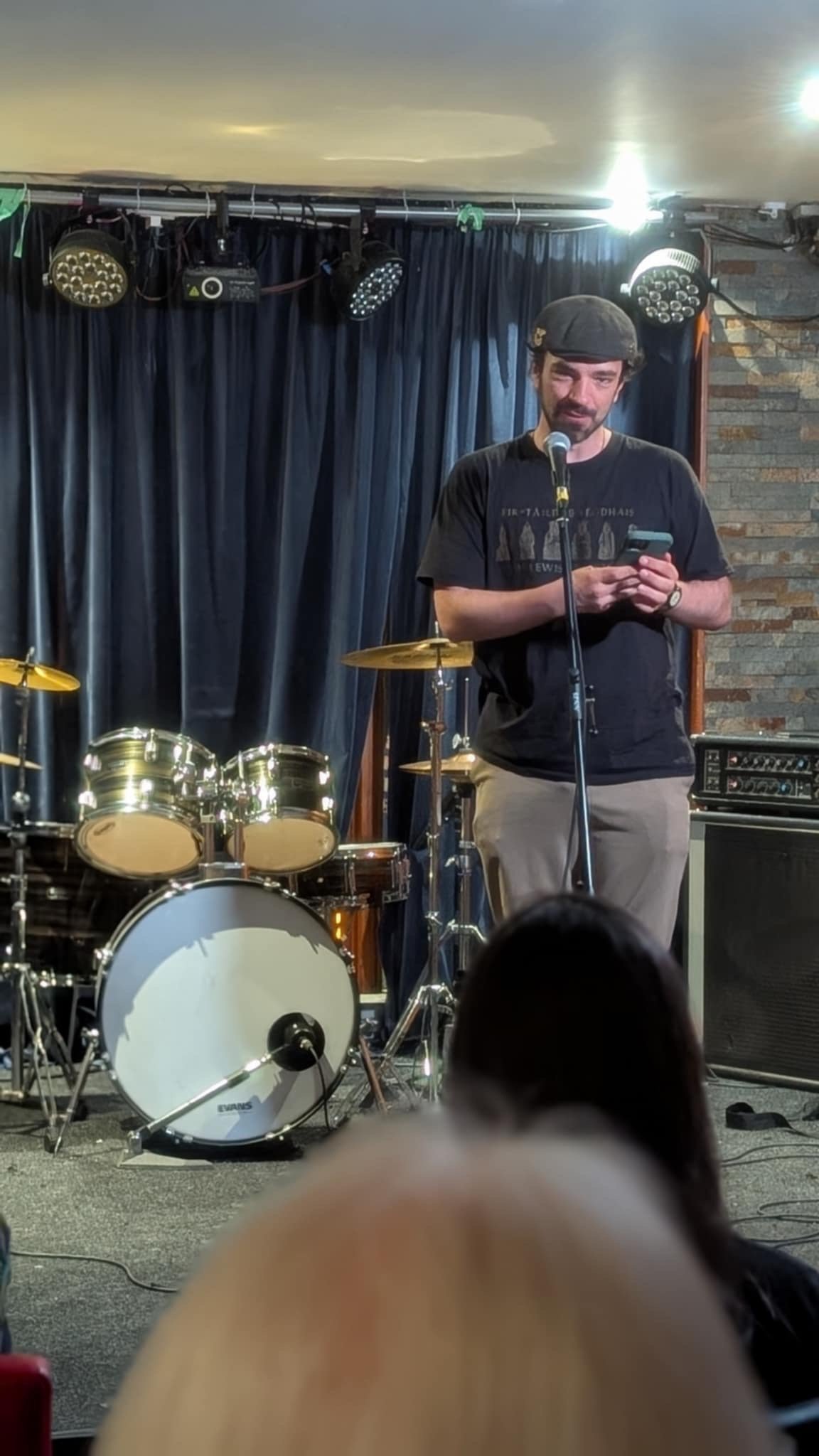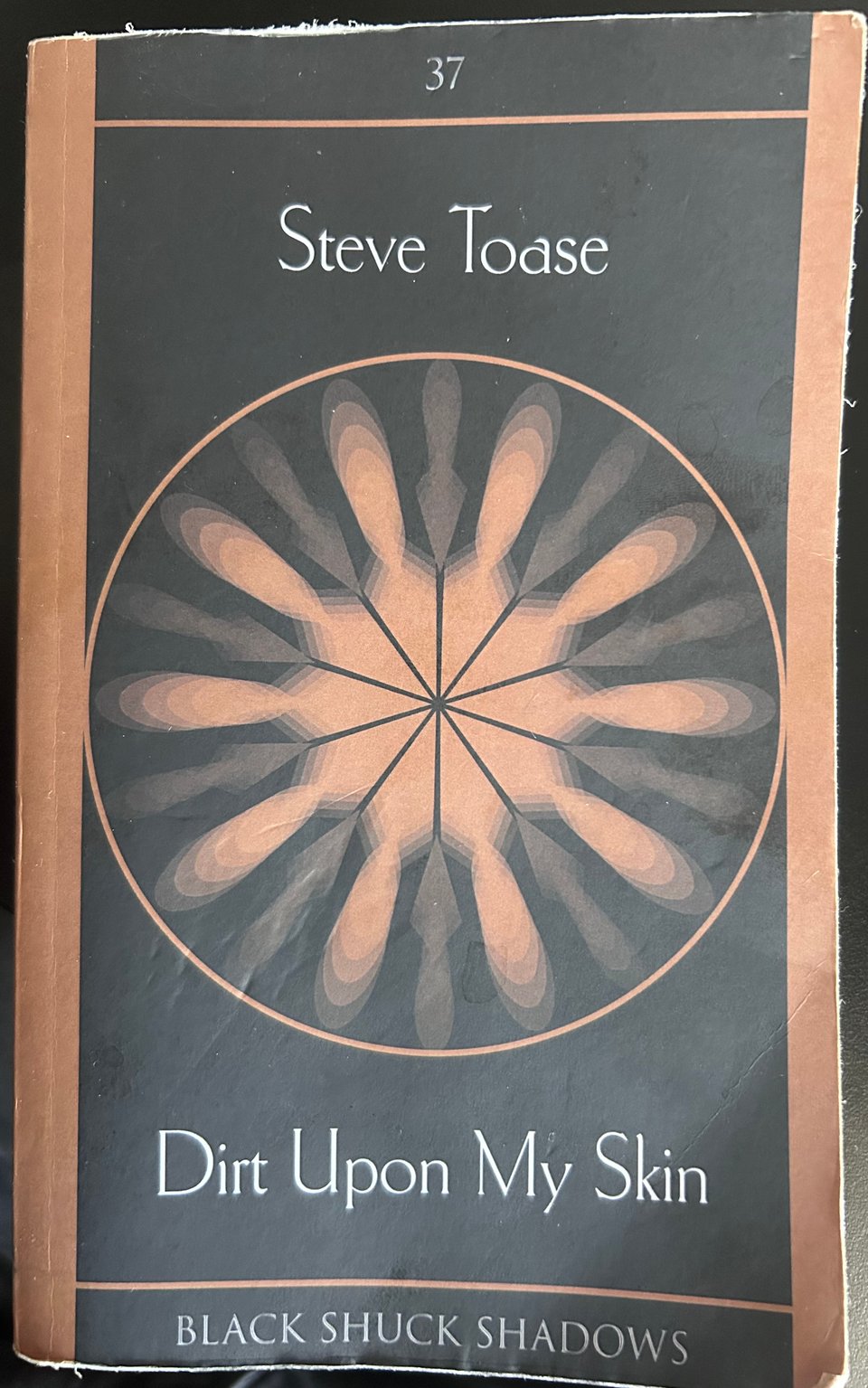A Minute on Education that Shook the World
Today, I reveal the story behind one of the poems that will be appearing in my debut poetry chapbook, Pilgrimages. It’s a blackout poem called “Thomas Babington Macaulay’s Minute on Education,” and I hope it will peel aside the polite façade of Macaulay’s colonialist language policy.
You can also follow me on my journey through weird fiction’s history by reading stories by Haruki Murakami and Lisa Tuttle. Links to my #WeirdFictionChallenge posts and full texts of the stories are below!
Stories behind the poems:
“Thomas Babington Macaulay’s Minute on Education”

Who was Thomas Babington Macaulay?
Thomas Babington Macaulay is a poet and Whig historian who served on the council of the Governor-General of India and wrote a History of England that highlighted the role of social progress in the country’s formation. The son of an abolitionist, he rose to significant posts in the British Empire.
While serving on the Governor-General’s council in 1835, he proposed that students in India should be taught in English foremost instead of native languages like Hindi, Urdu, Punjabi, Bengali, Gujarati, and others. The reason for this is he believed in the “civilizing mission” of English, that only English was “useful” for modern life. He even presumptively stated that “a single shelf of a good European library was worth the whole native literature of India and Arabia.” Instead of advocating for initiatives to modernize the vocabulary of native languages, he proposed their replacement with English.
It was a “minute on education” that shook the world. Over a hundred years later, its effects are still felt. Macaulay’s language policy resulted in the creation of a comprador class of native Indians who spoke English, received an English education, and could gain power and influence within colonial India under British rule. Many of the names we associate with the Independence movement were educated under this policy: Gandhi, Nehru, and Jinnah. And that’s just the tip of the iceberg.
The Minute on Education shaped the relationship India has with the English language. The English-language book market remains strong in India today, meaning many Indian authors still choose to write in English over Hindi and other native languages (though a major reason for this is the international English market). Indian authors like Rabindranath Tagore and Salman Rushdie writing in English is one consequence of Macaulay’s policy. The erasure of Hindi, Urdu, and dozens of other languages is another, a linguistic and literary impoverishment that is gradually being redressed.
I can’t help but notice the parallel between the Minute on Education and the legacy of Canada’s Residential Schools, in which Indigenous children were taken from their families and educated in English (or sometimes French) while being told their own languages were forbidden. One of the shocking things is how these policies were imposed with a liberal outlook, in the name of social progress. The policies have had very much the opposite effect on the affected communities.
(There is also a parallel with how speakers of Scottish Gaelic were told not to speak the language in school, resulting in the marginalization of one of Scotland’s national languages. My grandfather’s war records list him as a Gaelic speaker.)
I’ve written about Thomas Babington Macaulay because my mother and my grandfather share his last name. It’s quite an experience to enter Westminster Abbey and see your mother’s surname on one of the monuments! Not everyone in the world gets to see that—not by a longshot.
Thus, I feel a strange connection to Macaulay. He was a reader of classics, someone who valued education. I recognize those values in myself as well, and in my grandfather, who believed in the value of reading. However, the policy he is most famous for proposing was deeply colonialist. It was out of a desire to shine a spotlight on the ugliness of this policy that led me to write my blackout poem based on his Minute.
A note of clarification: Thomas Babington Macaulay was descended from the Lewis Macaulays. My family comes from South Uist, which like Lewis is also in the Hebrides, though it is a different island. My family is also historically Catholic instead of Protestant. Our kinship to Thomas Babington Macaulay is therefore likely distant. Nonetheless, a connection remains.
My blackout poem
At one point, my mother acquired several Macaulay-related antiquarian books. One of them is Trevelyan’s Life and Letters of Macaulay, a two volume University of Oxford collection that contains the Minute on Education. Feeling conflicted about this man, who is no doubt the most famous Macaulay (Macaulay Culkin doesn’t count), I decided to create a response that wrestled with this history.
The result is a blackout poem that peels aside the socially progressivist façade of the “civilizing mission” to expose its “secret” message of racism and brutality, exposing the skull beneath its skin.
Since the poem is intended to be, above all, a visual experience, you will have to wait for Pilgrimage’s release in September to fully appreciate it. However, I do intend to read it at the upcoming Accent Open Mic.
Appearance: August 3rd
I will be reading “Thomas Babington Macaulay’s Minute on Education” at the Accent Open Mic on August 3rd at La Marche à Côté. The event begins at 8pm. Note that these open mics have a tendency to go past 11pm.


Reading recs
I’m restarting my general-purpose blog. I will be posting reviews of books that I’ve been reading, hoping to focus it on weird fiction, historical fantasy, and archaeological thrillers, which are my jam.
The posting schedule will be irregular but I will be highlighting new posts in each newsletter.

Dirt Under My Skin by Steve Toase, a brilliant collection of horror fiction written by a real archaeologist about real archaeologists.
Captain Moxley and the Embers of the Empire by Dan Hanks, a rollicking good time Indiana Jones-style adventure with “damn satisfying” Nazi-punching action.
The Tapestry of Time by Kate Heartfield, in which two sisters with the Second Sight must save the Bayeux Tapestry—again, from the Nazis!
Archaeology of Weird Fiction Challenge
Every Monday I post a new reflection on a weird tale in Ann and Jeff VanderMeer’s The Weird: A Compendium of Strange and Dark Stories.You can follow me on my journey through weird fiction by reading along. I advise buying the anthology from a local bookstore.
Last week, I wrote about Haruki Murakami’s “The Ice Man,” which is about a woman’s relationship with a man seemingly made out of ice. You can read that story in The Weird or for free in The New Yorker.
I welcome comments about the story on my blog. Let’s continue the conversation there.

The story for this week is my reflection on “Replacements” by Lisa Tuttle. Feel free to read it if you’re not squeamish about ugly, hairless cats being stomped into the pavement (though the cat comes back). The story is available to read for free with Nightmare Magazine.

Next week, I’ll be writing about “The Diane Arbus Suicide Portfolio” by Marc Laidlaw, a tribute to an American photographer whose surreal creations inspired David Lynch and the creator of the Simpsons. You can read “The Replacements” on Marc Laidlaw’s website.